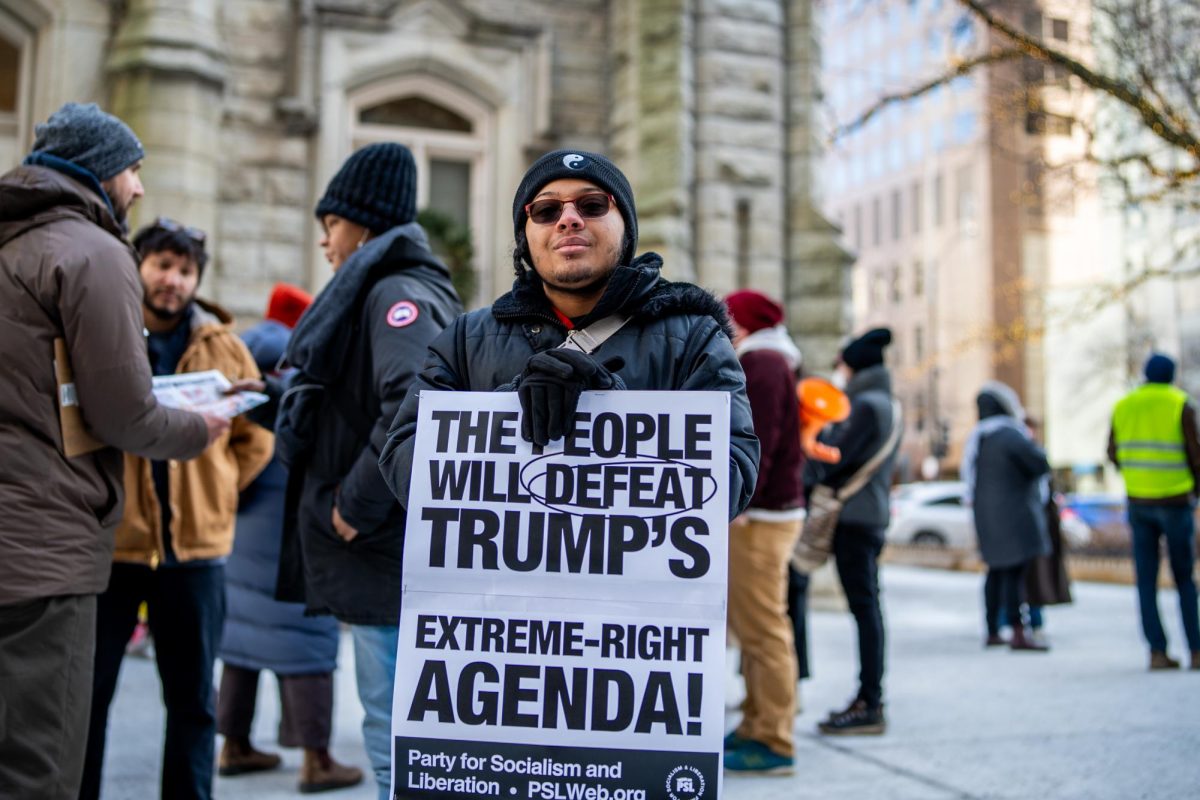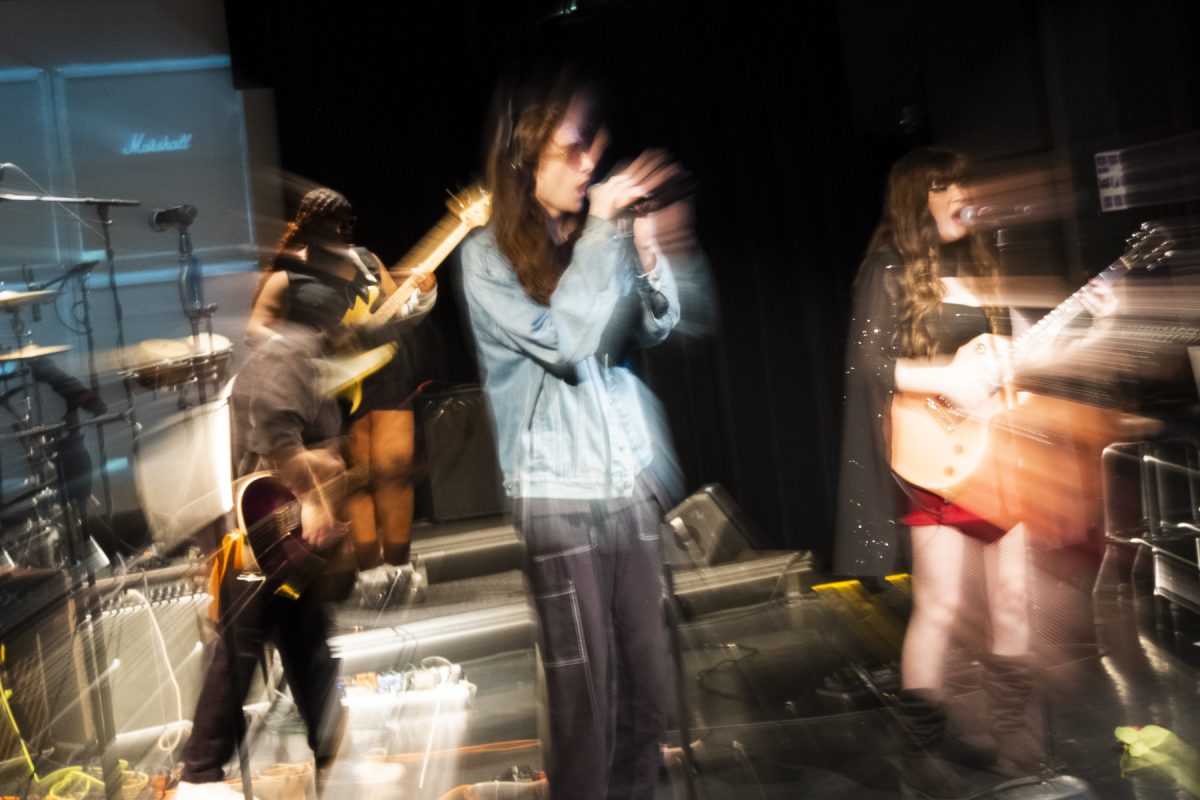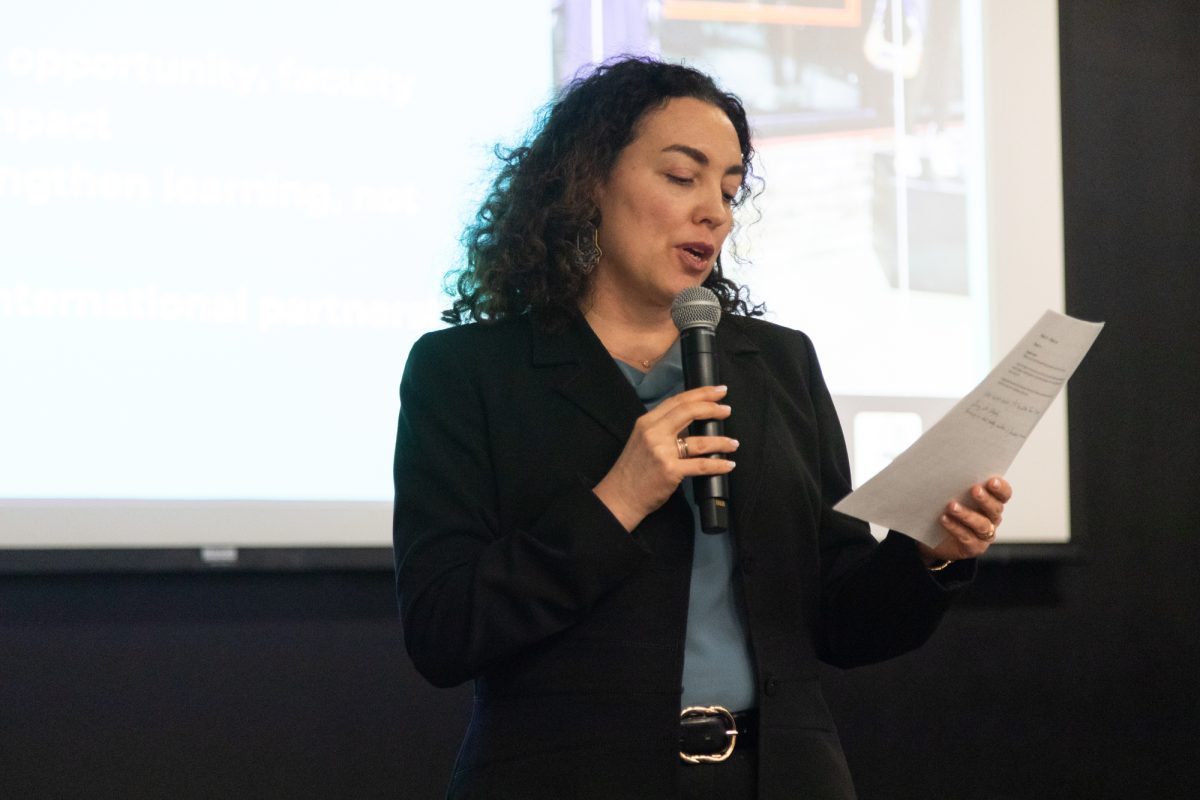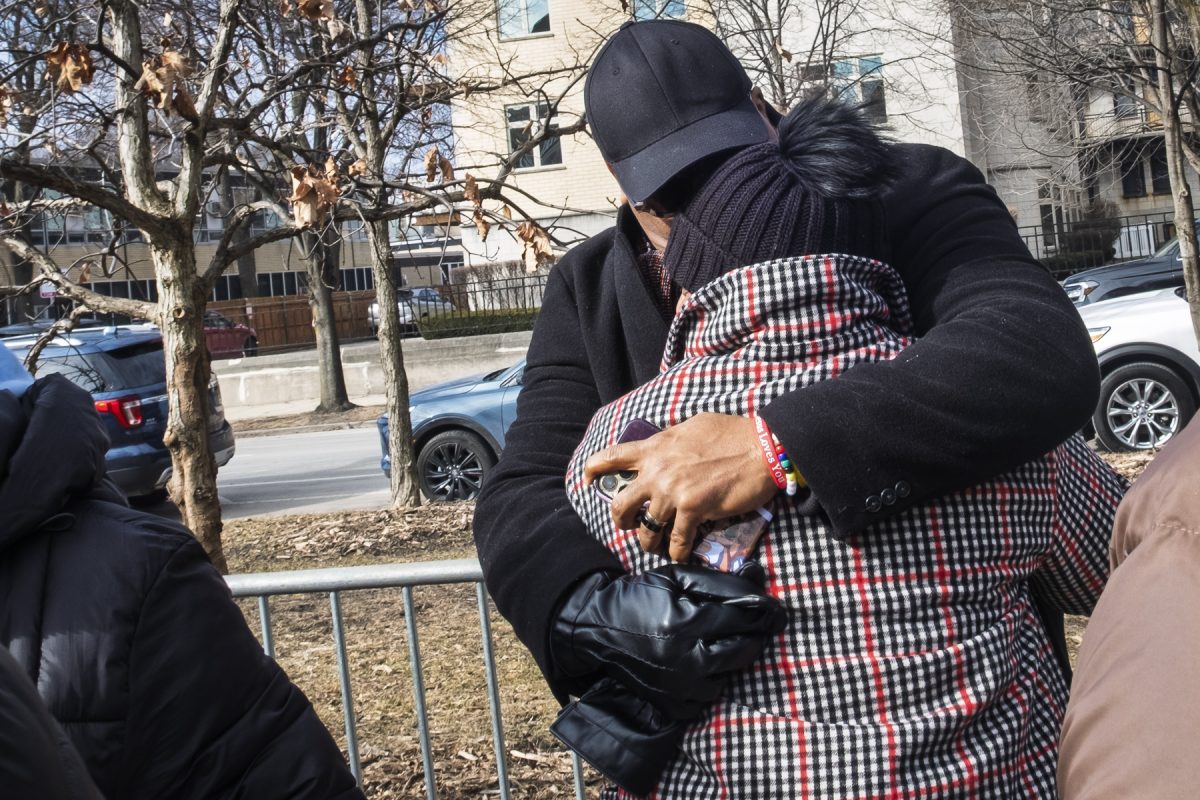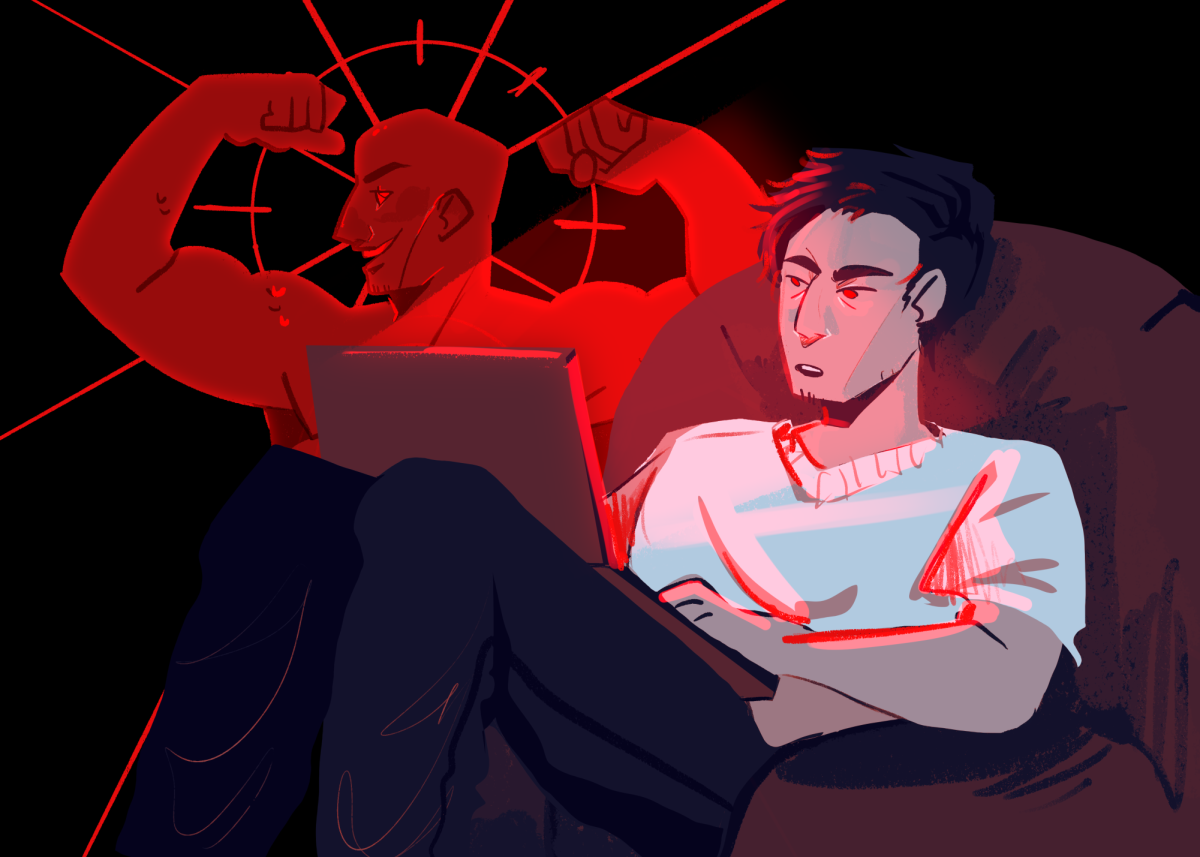President Trump threatened to cut federal funding to colleges and universities that allow “illegal protests” and arrest or expel American students.
In a social media post on Tuesday, March 4, Trump said “agitators” would be imprisoned or deported. “NO MASKS!” he wrote on his Truth Social platform.
Student Government Association President Jenna Davis said protesting is a lifeline for students.
“This impacts student activism greatly. This campus is built on creatives that stand up for what they believe in. If you take away the right to protest, you take away the heartbeat of so many creatives,” Davis said in an email.
In a statement, the Philadelphia-based Foundation for Individual Rights and Expression said Trump does not have the authority to unilaterally revoke funds or punish students.
“President Trump also lacks the authority to expel individual students, who are entitled to due process on public college campuses and, almost universally, on private campuses as well,” according to the statement.
The ACLU referred a Chronicle reporter to a statement in response to Trump’s social media post.
“It is disturbing to see the White House threatening freedom of speech and academic freedom on U.S. college campuses so blatantly,” Cecillia Wang, legal director of the ACLU, said in the statement. “We stand in solidarity with university leaders in their commitment to free speech, open debate and peaceful dissent on campus.”
Lambrini Lukidis, associate vice president of Strategic Communications and External Relations, said the college supports everyone’s right to free speech as guaranteed by the First Amendment of the U.S. Constitution.
“The college also supports civic engagement for all its campus community,” she said in a email. “The college is also a proponent of supporting freedom of expression through activism which includes peaceful and lawful protests as defined by local law. The college is in the process of reviewing a formalized policy on campus protests, which would impact college owned or leased spaces.”
Trump has already issued several executive orders targeting colleges and universities, and last month the Department of Education ordered higher education institutions to stop race-conscious programming or risk losing federal funding, as the Chronicle previously reported.
Columbia gets a small portion of federal funding, primarily for its TRIO office and through Pell grants and work study.
In the past, Trump has spoken out against pro-Palestinian protests and the wave of student encampments in spring 2024 to protest Israel’s actions in the war on Gaza.
Columbia College students participated in citywide marches and protests but did not have an encampment on its urban campus. There were encampments at DePaul University, the School of the Art Institute, Northwestern University and the University of Chicago, among others.
In its statement, FIRE said Trump’s message “will cast an impermissible chill on student protests about the Israeli-Palestinian conflict.”
Senior comedy major Kaya Luckey said there is a disconnect between what Trump is saying he will do and what is protected in the Constitution not only for citizens but for everyone in America.
“It violates anyone’s liberties and rights regardless of whether you’re a citizen or not, because people forget that the Constitution extends to people in the country, no matter what. So that’s just a pure violation,” Luckey said.
First-year music major Sky Anne Watson is not sure Trump will go through with what they called simply a threat.
“I’m not sure if there’s going to be any effect at all. He’s causing fear right now, and that’s his main goal,” Watson said.
However, Watson said that Trump is getting more aggressive in his threat tactics, now openly indicating constitutional violations.
“He always skirts the edges of violating the Bill of Rights, the Constitution, but I feel like this time he’s explicitly saying that he’s gonna violate the First Amendment,” Watson said.
Junior film and television major Taylor Schwamb said it did not make sense to limit protestors’ rights in a country founded on protesting.
“When the government told us to do something that we didn’t want to do, taxed us when we had no representation, we protested in a much more violent way than most of these people,” Schwamb said.
Paris Ward, a junior BFA musical theatre major from Chicago, said Trump’s threat would not deter her.
“Just because of that, I’m not gonna stop fucking protesting. Because honestly, to me, if you don’t stand for this, the hell are you standing for,” Ward said.
Copy edited by Trinity Balboa
This story has been updated.
Resumen en Español:
El presidente Trump amenazó con recortar la financiación federal a las universidades que permitan “protestas ilegales” y sugirió que los manifestantes podrían enfrentarse a la cárcel o la deportación. Esto provocó críticas de los líderes estudiantiles y los grupos de defensa, que sostienen que estas acciones violan la libertad de expresión y los derechos constitucionales. La ACLU y FIRE señalaron que Trump carece de autoridad para hacer cumplir tales medidas.
Los estudiantes, incluidos los de Columbia, rechazaron la amenaza y destacaron que la protesta es un derecho constitucional. Muchos lo ven como un ataque al activismo, especialmente después de las recientes protestas a favor de Palestina. La controversia pone de relieve la tensión entre la libertad de expresión y la presión política sobre las universidades.
Resumen por Manuel Nocera
Texto editado por Doreen Abril Albuerne Rodriguez

